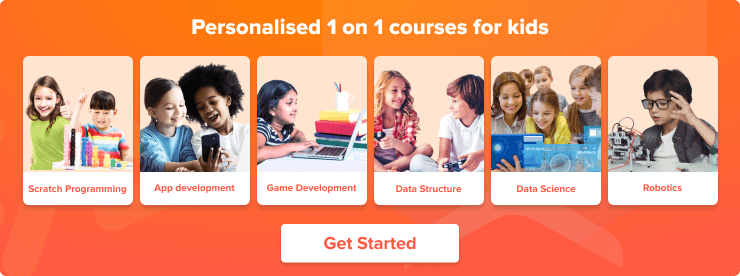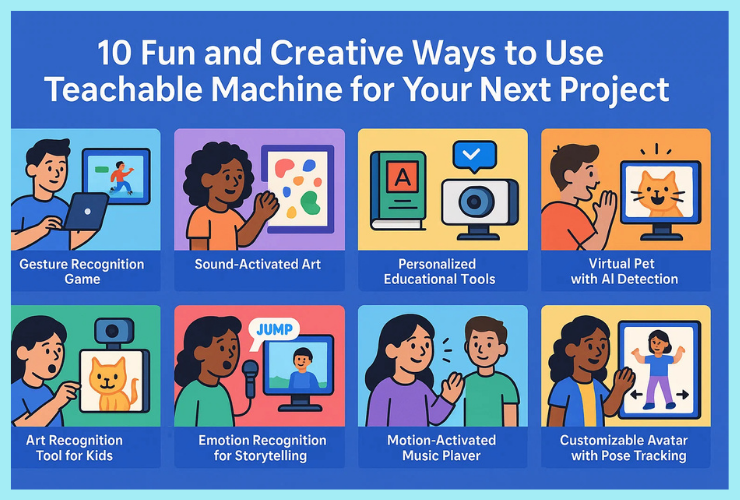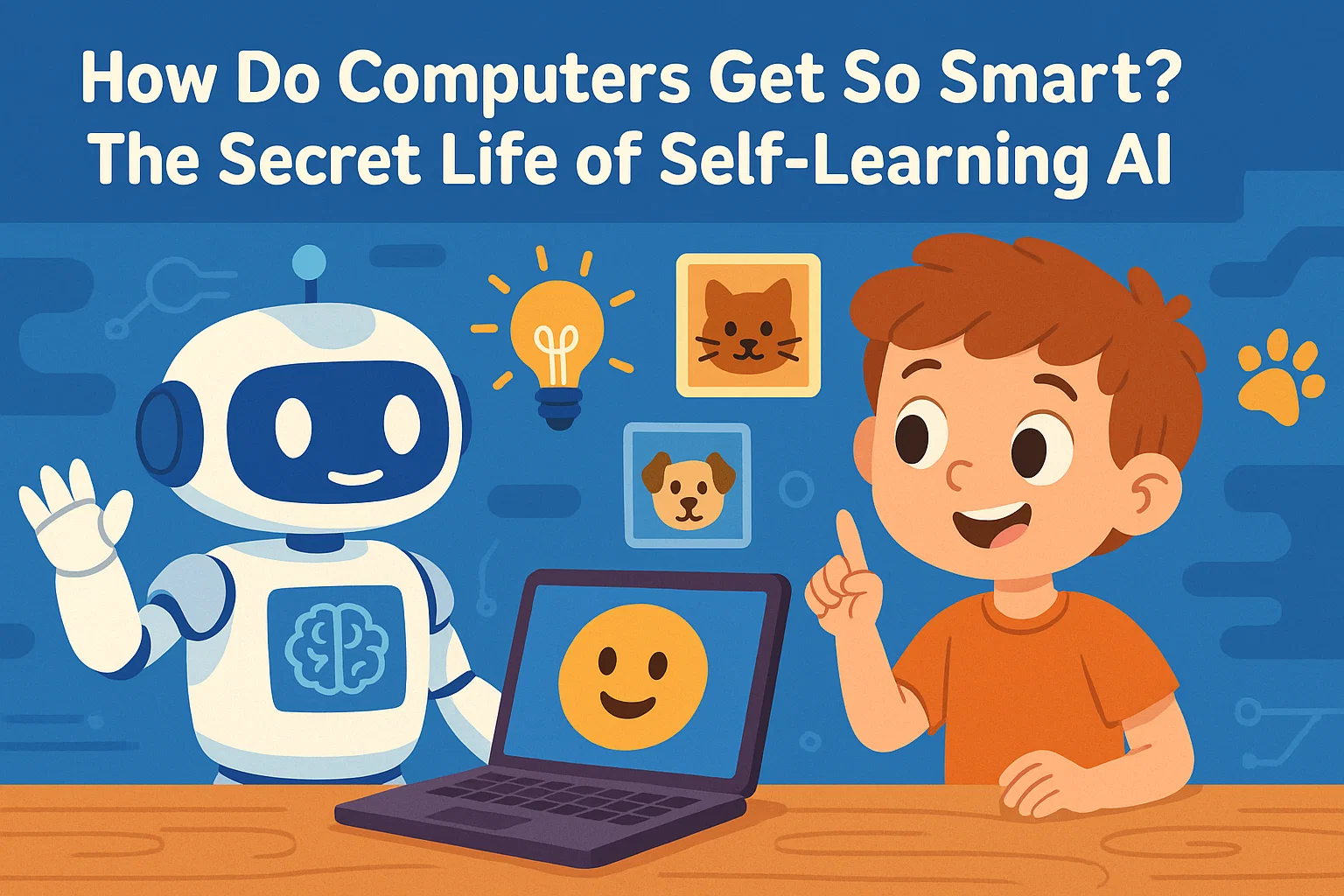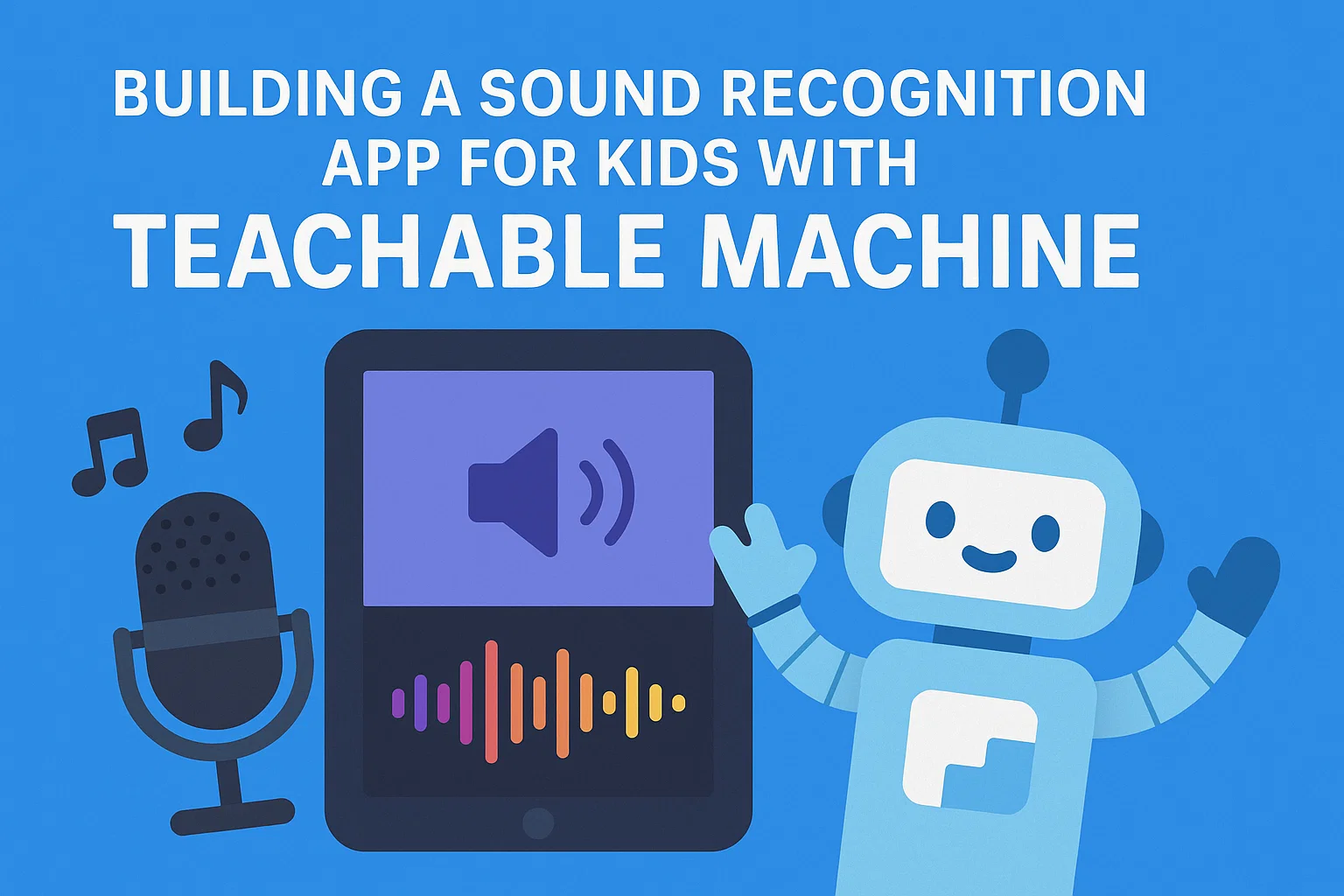Introduction
Artificial Intelligence (AI) is super cool! It helps us with everything from playing games to finding information online. But just like any powerful tool, we need to use AI wisely and responsibly. Being a responsible AI user means making sure AI is fair, safe, and helpful for everyone. Let’s learn why this is so important!
What is AI Ethics?
Imagine you and your friends are playing a game. You want the game to be fair, right? You want everyone to have a chance to win, and you don’t want anyone to cheat or be left out. AI ethics is a lot like that! It’s about making sure that AI systems are designed and used in a way that is fair, safe, and good for all people.
It means thinking about the rules and values that AI should follow. Just like we have rules for games and for how we treat each other, we need rules for AI to make sure it helps us and doesn’t accidentally cause problems.
The Problem of Bias in Data
AI learns from data, which is just information. Think of it like teaching a robot to recognize different kinds of fruit. If you only show the robot pictures of red apples, it might become very good at recognizing red apples. But what happens when you show it a green apple or a banana? It might get confused because it hasn’t learned about those fruits yet!
This is similar to how bias can happen in AI. If the data that AI learns from is incomplete or doesn’t show all kinds of people or situations, the AI can become biased. This means it might make unfair decisions or not work as well for some people as it does for others. For example, if an AI that recognizes faces is mostly trained on pictures of people with light skin, it might not be as good at recognizing people with darker skin. This isn’t because the AI is mean, but because it didn’t get enough information to learn fairly about everyone.
Why Fairness Matters in AI
Fairness in AI means making sure that AI systems treat everyone equally and don’t have unfair preferences or prejudices. It’s about making sure AI works well for all people, no matter who they are, where they come from, or what they look like. When AI is fair, it helps create a world where everyone has equal opportunities and is treated with respect.
Imagine an AI that helps decide who gets to join a special club. If that AI is biased because of the data it learned from, it might unfairly exclude some kids. That wouldn’t be fair, would it? That’s why it’s so important to teach AI to be fair, just like we try to be fair with our friends.
Being a Responsible AI User
So, how can you be a responsible AI user? It means:
- Thinking Critically: Don’t just believe everything an AI tells you. Ask questions! Is it fair? Is it safe? Does it make sense?
- Protecting Privacy: Be careful about what information you share with AI. Just like you wouldn’t share your secrets with everyone, be mindful of your personal data.
- Speaking Up: If you notice an AI acting unfairly or making mistakes, tell an adult! Your voice can help make AI better and more responsible.
- Learning More: The more you learn about AI, the better you can understand how it works and how to use it wisely. You can even help build the next generation of fair and safe AI!

Building a Better AI Future Together
AI is a powerful tool that can do amazing things, but it’s up to all of us to make sure it’s used for good. By understanding AI ethics, recognizing bias, and promoting fairness and safety, you can be a superhero of the digital world! Your thoughtful choices and curiosity will help shape a future where AI benefits everyone, making the world a smarter, fairer, and safer place for all.














